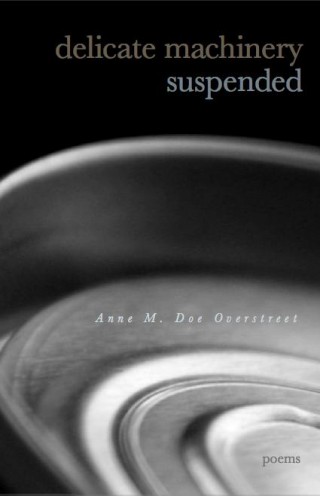It is hard to believe that this film made the festival rounds up to four years ago, but will now be popping up on critic’s lists for 2009 as it has finally had an actual theatrical run this year.
 The Sun is the final installment of a three part series of Sokurov biopics covering a key moment in the life of a world leader. (The first two films, Moloch and Taurus, featured Hitler and Lenin.) Here Sokurov follows around an enigmatic carbon copy of Hirohito in the hours before Japan surrendered to American ground forces. He treats this turn of world events with his characteristic distance and dignity, and initially at least, the film gives us very few clues as to where we are in Hirohito’s biography at this point.
The Sun is the final installment of a three part series of Sokurov biopics covering a key moment in the life of a world leader. (The first two films, Moloch and Taurus, featured Hitler and Lenin.) Here Sokurov follows around an enigmatic carbon copy of Hirohito in the hours before Japan surrendered to American ground forces. He treats this turn of world events with his characteristic distance and dignity, and initially at least, the film gives us very few clues as to where we are in Hirohito’s biography at this point.
—
Most of the film takes place in the imperial bunker, the final location of the emperor’s absolute isolation from his people. In these confines, Sokurov lingers calculatedly on daily routine. Hirohito eats a leisurely breakfast, buttons his official tunic, and sits in contemplation of things we can only vaguely guess at. By now, his shrinking world is nothing more than a series of artificially regal rooms locked tightly underground behind bombproof vaults. But he doesn’t seem to mind. The camera feels out these small tomb-like spaces until they begin to play with our sense of time and proportion. We begin to detect whiffs of doom on a mythic scale.
Ogata’s performance as Hirohito compliments Sokurov’s deliberate pacing. The history the film describes is difficult, but Ogata manages to make these unprecedented moments engagingly human. When Sokurov restages the conversations between him and General Douglas McArthur, even a bit of humor transpires. I chuckled in spite of myself. McAruthur’s inability to comprehend Hirohito’s role as emperor is balanced by Hirohito’s presence as something from another world, incomprehensible even to his own people.
That is not to say that the film doesn’t have its share of horrors. Apparently, Hirohito had a keen interest in marine biology, and Sokurov parlays this hobby into an effective abstraction of the bombing of Japan. Planes dive, bombs fall, and walls of fire raze blocks of buildings. Slowly, these planes morph into marine creatures assaulting an imaginary Japan in terrifying red skies. It is brutally animal, and though Sokurov avoids the specter of war film realism, he manages to produce something even more memorable and instructive. The same could be said of the film as a whole.
